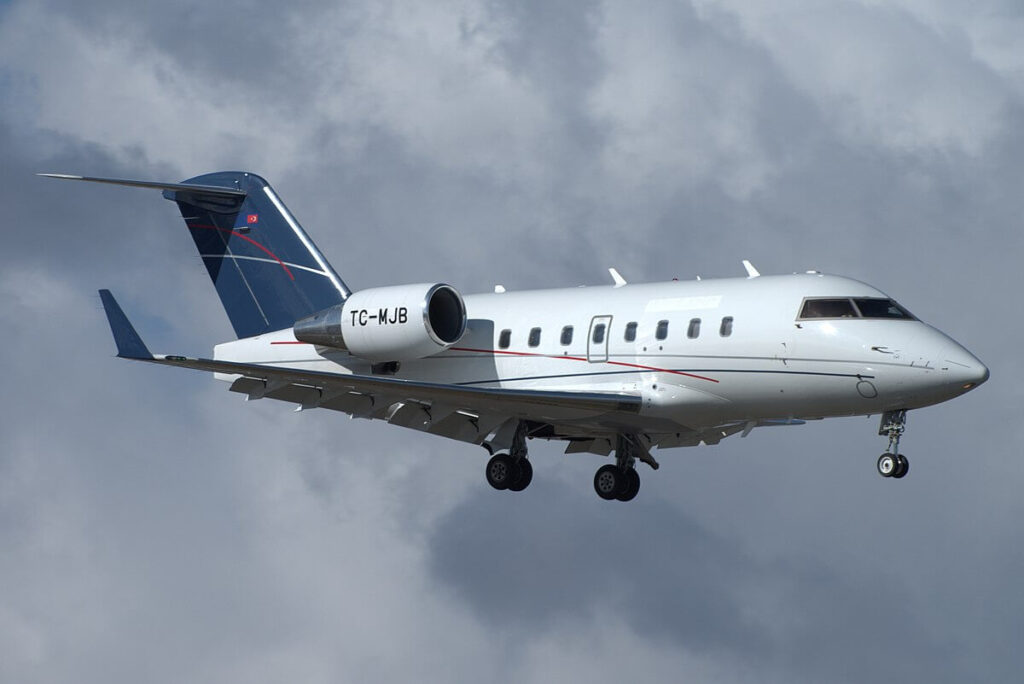Turkish charter airline MNG Jet filed a criminal complaint about the “illegal use” of its services during the escape of Carlos Ghosn from Japan to Lebanon.
“In December 2019, MNG Jet leased two separate private jets to two different clients: one private jet from Dubai to Osaka and Osaka to Istanbul, and another private jet from Istanbul to Beirut,” said MNG Jet in a press release. According to the airline, the name of Carlos Ghosn was not on any of the flight documents. “One employee of the company, who is under investigation by the authorities, has admitted having falsified the records.” MNG Jet announced it launched an internal inquiry and filed a criminal complaint in Turkey.
The aircraft that transported Ghosn from Kansai International Airport (KIX), in Osaka Japan, to Istanbul Airport (IST) was a Bombardier Global Express registered TC-TSR and owned by the Malagasy company specializing in business travel, Trans Ocean Airways. However, the latter denied any implication in the flight, explaining that the aircraft was still under a leasing contract between its former owner, STE Havacilik, and MNG Jet. The same aircraft had been used in May 2019, to transport members of the Venezuelan government and of the opposition to discuss the presidential crisis.
The second plane that performed the leg between Istanbul and Beirut was a privately-owned Bombardier Challenger 300 registered TC-RZA, also chartered by MNG Jet. “The two leases were seemingly not connected to each other,” the company said.
How the former CEO of Renault-Nissan, prosecuted in Japan for embezzlement, managed to escape from house arrest and board a plane without registration is worthy of a Hollywood movie. Officially, his three passports were detained by the authorities as a condition for his bail of $8.9 billion. According to the Wall Street Journal, Ghosn was transported in a “road case”; a container usually meant for musical instruments or other sensitive equipment; that had been left after a private concert at his home in Tokyo the day before. The crate had holes specifically drilled to allow the fugitive to breathe. Ghosn entered the peculiar container to pass Osaka airport security. Unlike commercial flights, X-ray baggage inspection is not mandatory for private jet luggage in Japan. The box was found in one of the jets when they were impounded by the authorities.
WSJ has obtained a photo of the audio-equipment case used by Carlos Ghosn to sneak out of Japan. The case has holes drilled in the bottom so Ghosn could breathe. Amazing find by @gauthiervillars https://t.co/XK4sf5x6Dy pic.twitter.com/DcuvsiFXDg
— Mark Maremont (@MarkMaremont) January 4, 2020
Officially aboard the aircraft were two U.S. citizens, both known as private security contractors. Their work entitles services such as risky exfiltration. Several other people are suspected accomplices in the escape. In Turkey, seven people, including four pilots, a cargo company manager and two airport workers, were arrested and heard by the court of Istanbul. The manager, who was on board the second jet with Ghosn, told the court that he acted under threat against his family.
Interpol has issued a red notice to Lebanon requesting the arrest of Carlos Ghosn. However, this is unlikely, as the country does not extradite its citizens.
